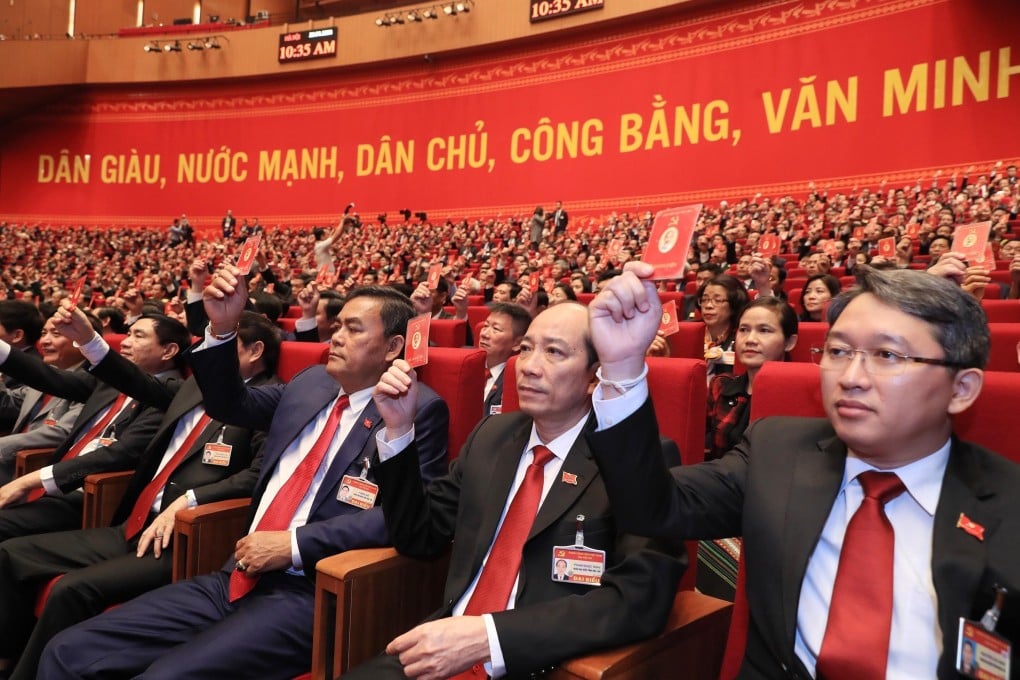Advertisement
US-Vietnam defence ties expected to strengthen with new governments in place and China looming: analyst
- With Hanoi eager for Washington’s help in countering Beijing in the South China Sea, the two sides are said to have much room for military cooperation
- But they must overcome challenges such as Vietnam’s technical limitations and its lingering distrust toward the US before becoming strategic partners
Reading Time:4 minutes
Why you can trust SCMP
4

Defence relations between Vietnam and the United States are expected to strengthen under new administrations in both countries and with wide public support in Vietnam for Washington’s increased role in the South China Sea, a Vietnamese analyst said on Friday.
Le Hong Hiep, a lecturer at Vietnam National University, said at the fourth session of the Pacific Forum‘s US-Vietnam Indo-Pacific Conversation Series that many Vietnamese view Washington as the only partner with the political will to act as a counterweight to China in the region, but he also pointed to the challenges faced by Hanoi and Washington in furthering defence ties.
The forum, which was an online event this year, was sponsored by the US consulate in Ho Chi Minh City in collaboration with Vietnam National University.
Advertisement
Among the challenges the two sides must overcome, Le said, are the technical limitations Vietnam faces in its ability to conduct high-level defence activities, Hanoi’s reluctance to take actions that will upset China, and the lingering distrust that Washington might seek to undermine the Communist regime in Vietnam.
Le said that with US President Joe Biden’s administration already operational and a new leadership likely to emerge in Vietnam after its Communist Party congress ends next week, the two former foes have plenty to discuss.

01:39
Vietnam set to pick communist leadership as party congress kicks off
Vietnam set to pick communist leadership as party congress kicks off
“Cooperation is still not substantive enough, so there is still a lot of room for further cooperation,” said Le, who is also a fellow with Singapore’s ISEAS-Yusof Ishak Institute.
Advertisement
Select Voice
Choose your listening speed
Get through articles 2x faster
1.25x
250 WPM
Slow
Average
Fast
1.25x